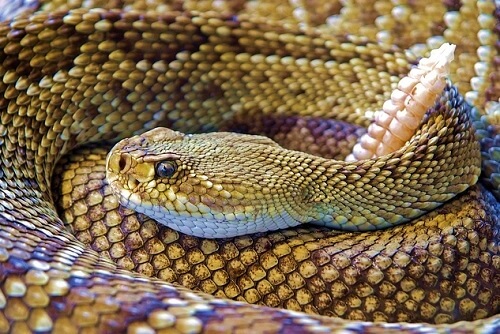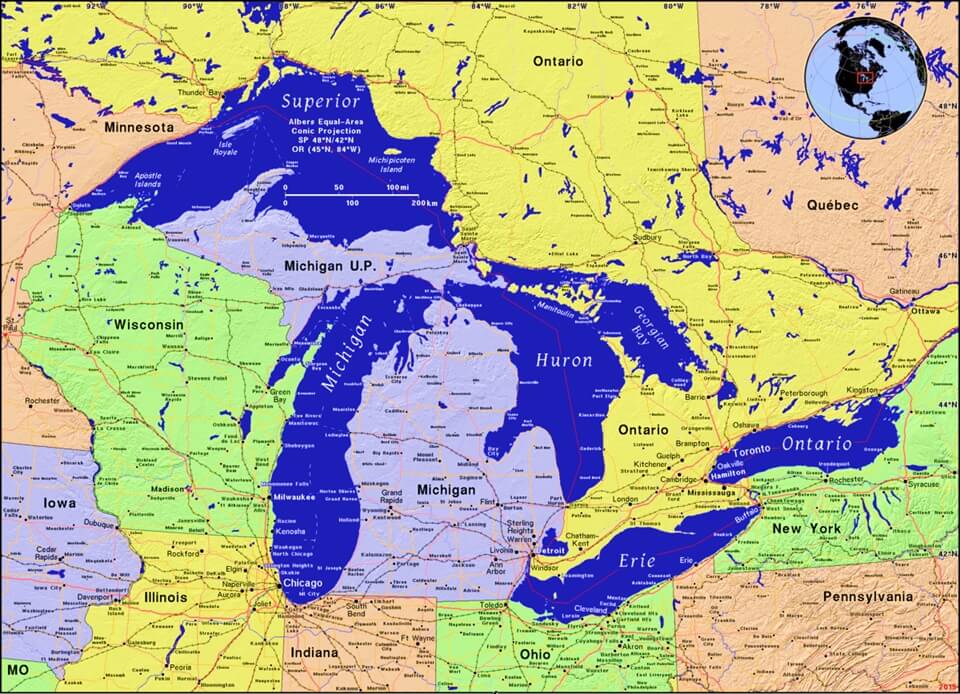 Stories of American Adventure
Stories of American Adventure
Stories of American Adventure
Stories of American Adventure


 Stories of American Adventure
Stories of American Adventure
Stories of American Adventure
Stories of American Adventure

Study the lesson for one week.
Over the week:
Activity 1: Narrate the Lesson
Activity 2: Map the Lesson

Activity 3: Complete Coloring Pages, Copywork, and Writing

Activity 4: Listen to the Warning of Grandfather Rattlesnake